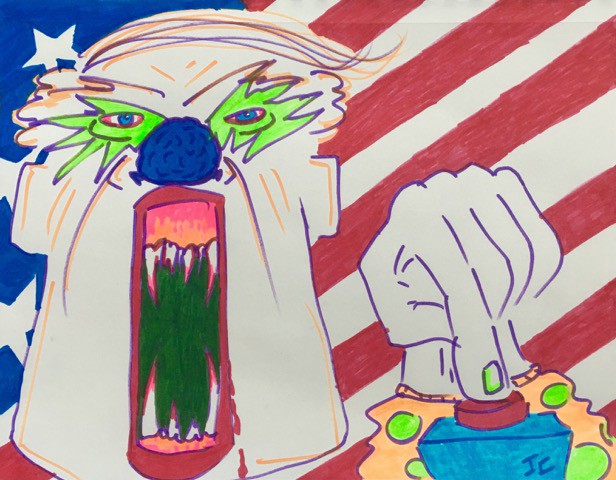Uhhhhhhhhhhhhhhhhhhh
I honestly don’t know

Well, here we are.
Yesterday was a real emotional rollercoaster, and it turns out we’re still strapped in and we can’t stop the ride and it’s making us feel a little sick to our stomachs. This is just how it is now; a low-grade nausea. As a naïve millennial who has surfed a lifetime of privilege waves, I really did not see this coming. But now it’s here. I’ve spent most of my morning looking around and asking the people who’ve been around longer, “What now? What next?”
I know no precedent for this kind of thing. Realistically, most of us are not about to pack up and move to Sweden or Canada, at least not in the immediate, short term. But we’re not ruling it out entirely. You’ll hear a lot of palaver over the coming days about how this is The End: of the American Experiment, of Democracy As We Know It, of America. Surely something ended last night, but today we woke up and the dishes are still there in the sink, the kids still have to go to school, and the content machine needs cramming.
But look, you can have today if you need to. Get mad, get dejected, wring your hands until they bleed. Call a friend if you think you’re in danger of falling off the wagon. Call your loved ones and tell them you’re here for them no matter what, because that is what loved ones do. Nurse your headache, medicate your anxiety, scroll through the feeds.
And when you’re done, and you’ve exhausted all your options—when you’ve paced every corner of your home and checked every channel—then you’ll know it’s time. Take some deep breaths, use that British meditation guy if you need to. And then take my sweaty hand and we’ll cross the street together into tomorrow, where we’ll do better, because we have to, because it cannot possibly get worse than the free world deciding to become less free. As David Remnick — one of the only people I trust to put cogent words together right now — writes, “despair is no answer. To combat authoritarianism, to call out lies, to struggle honorably and fiercely in the name of American ideals — that is what is left to do.”
Presidential Election 2016: An American Tragedy
The only way left is forward—onward and upward, away from this mess.
New York City, November 7, 2016

★★★★ The color of the trees had deepened to go with the new allocation of light on the walk to kindergarten, and the wind had picked up. The crosswalks were blinding; getting from curb to curb felt as perilous in full day as it had in the creeping twilight. It was too cold for the lightest jacket but too late to do anything about it. Soon after 4:30 the light was reddening, and by five all that was left was a sort of lamplight afterglow. Somehow in the dark the smell of garbage still found purchase on the chilly air.
And Now We Wait
As long as it takes
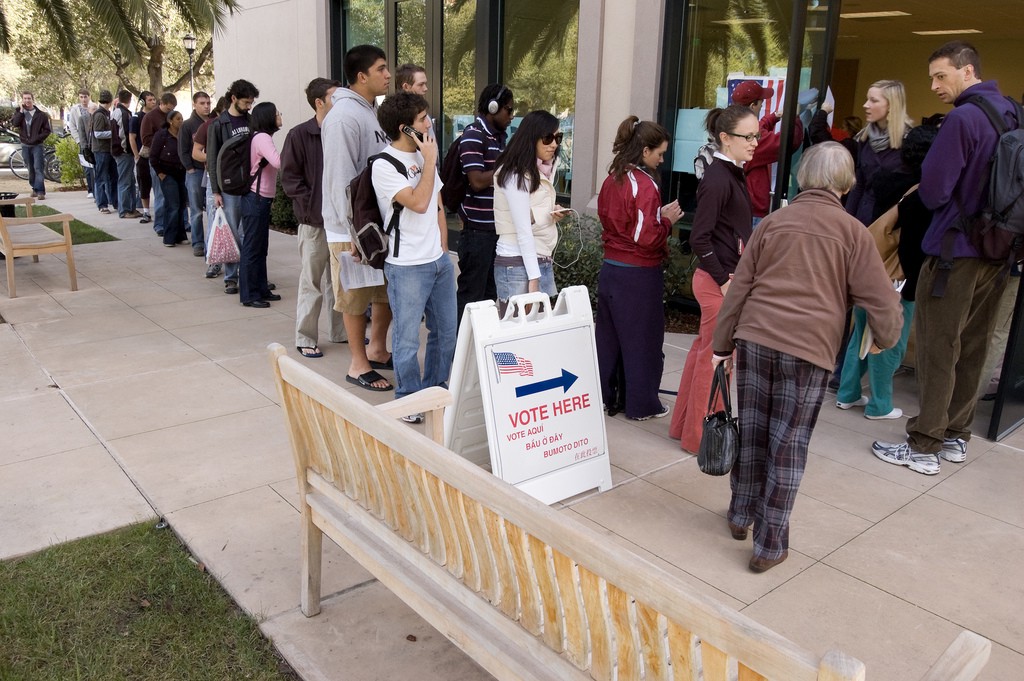
A week ago, the Cubs won the World Series for the first time in 108 years. They did so spectacularly, with the ghost of E.B. White looming: “Democracy is the score at the beginning of the ninth,” he’d written, during a summer when the best thing that the Cubs had going was probably the name of their outfielder, Peanuts Lowrey. Lots of us were thinking about democracy, as the hours passed, about how the grueling game, at the end of a miserable streak, mirrored the election. After a restorative seventeen-minute rain delay — a rebirth — the guys did it, finally. It’s been so long, everyone said, hugging each other — they’ve won and now we can go to sleep.
It’s been more than 108 years that women have been waiting, and we’re exhausted. In 1908, the Cubs were flying high — their second World Championship victory in a row — while women in Illinois had yet to vote once. Today in New York, there’s a line of people winding through the entirety of Mt. Hope Cemetery, to place “I Voted” stickers on Susan B. Anthony’s grave. But they’re all still waiting on the outcome.
Waiting is supposed to be a particular American phenomenon. Donald Trump cut a two-hour line at PS 59 in Midtown Manhattan to vote for himself, presumably because exceptionalism is also supposed to be a particular American phenomenon. Waiting and watching is becoming less and less comfortable for us, with diversions always at hand, or in the Netflix queue, and on this national day of waiting, I am at a loss. I scan the numbers: 48.5 is the percentage of the popular vote that Nate Silver thinks Hillary Clinton will receive; three years is the time since the Supreme Court gutted the Voting Rights Act; 100 years since Jeannette Rankin was elected to the House of Representatives; 1 is the percent by which Trump trails in North Carolina, according to the New York Times. What is there left to do, but toggle from one tab to another? Election day is idle time with stakes. Someone should really put a baseball game on, to tide us over. And where’s that Gilmore Girls reunion?
There was a short line where I voted, a couple blocks away from Hillary Clinton’s campaign headquarters, in Brooklyn Heights, and I was cut in front by a man. But I didn’t care. Many people have been waiting longer than me, and we will all wait as long as this takes, because democracy, we learned earlier this week, sometimes takes an extra inning. Then we will try to get some sleep in our big, patient country.
Something to Listen to Today: Noname
Tomorrow works too
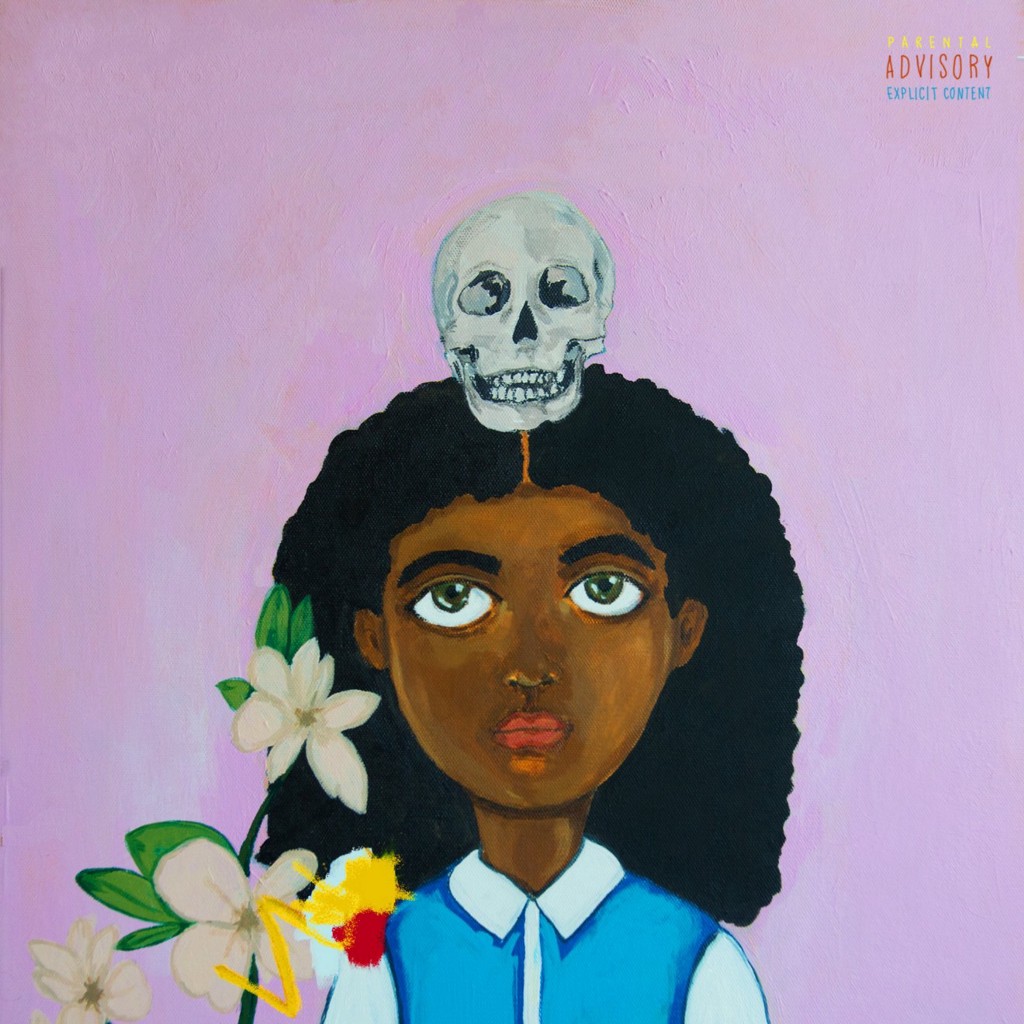
After getting back from my polling place this morning, I spent two hours jumping between different feeds and engaging with a stream of patriotic content as the nation slowly woke up and began taking selfies. For as much of a haunting anxiety spiral the campaigning process has been, the actual voting day itself seems marked with a lot of levity. It’s not noon yet, so who the F knows where I’ll be by 8 PM, but for the time being, I’m knee-deep in the best parts of what social media makes us feel: connected, supported, understood, engaged.
Historically, I have a pretty blasé attitude when it comes to participation-based activities. I didn’t “get” prom, I stopped reading Harry Potter after book 4 because “too many people were getting into it”—but here, today, are a lot of people giving a fuck in my feeds, and it feels so, so good to see. Moms with their babies, dudes alone at six AM—all of them, caring. But maybe your feeds are different than mine.
Maybe the people you went to high school with and your uncle Dave and your chatty coworker are vocal in a way that makes you feel discouraged. Maybe you are a member of the media and realizing how many people just don’t vote, ever, as a practice. If that’s the case, I have a really good album to check out. I can’t guarantee it will drown out the noise, but it’s worth a shot. It’s called “Telefone” and it’s by a 25-year-old rapper called Noname.
Here’s a profile of her if you’re the type of person who likes to know who the artist is before they ingest something. If you’ve listened to Chance the Rapper’s “Coloring Book” mixtape, you’ve probably already heard Noname’s voice and don’t know it yet. She’s the lady on “Finish Line/Drown,” the second-to-last track.
It’s an album about being young and black and living in a city that’s facing unprecedented amounts of violence. It’s also gentle and beautiful and sweet—things it’d be cool for us to try to be for each other today. This world is stressful, and it’s good to be good to one another. This is me trying.
Why You Should Adopt A Senior Dog This November
You won’t regret it.
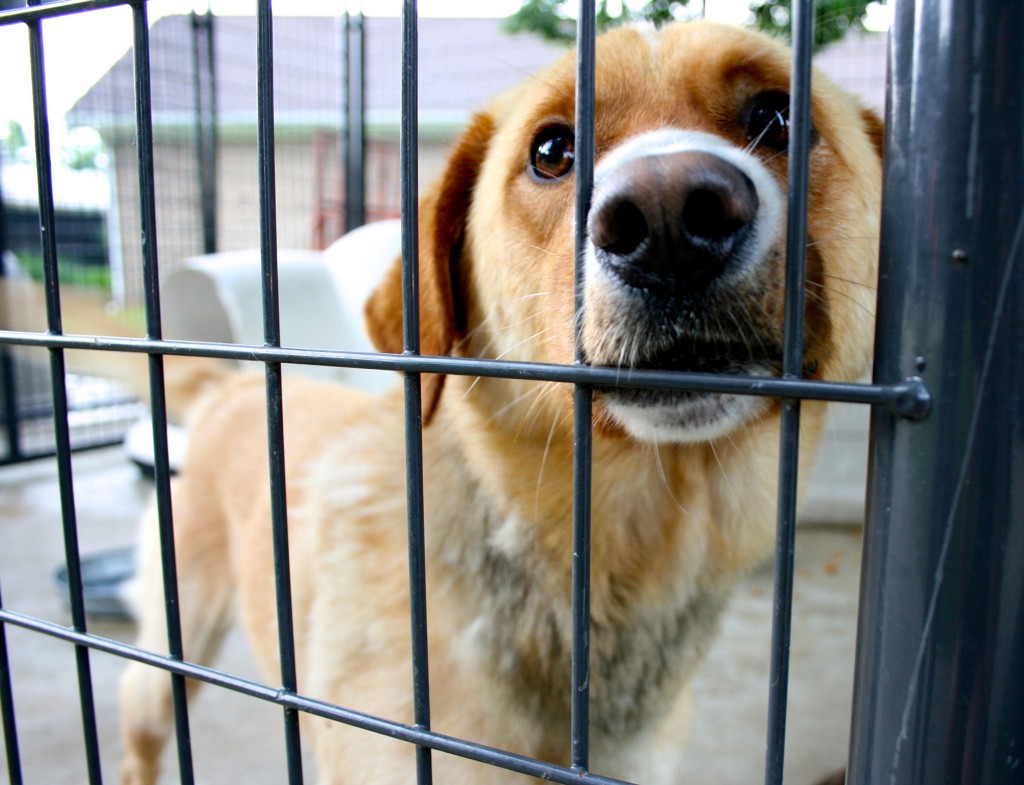
On the pet adoption event’s website listing all the available dogs, a picture of a fluffy, sandy-colored two-year-old dog stood out. It was decided — Buttercup was going to be our dog. But by the time we made it up to the shelter’s event, another couple was already signing the paperwork for Buttercup. She was running around their feet, chewing on her leash. She looked even fluffier than I had imagined.
The shelter had brought half a dozen other dogs to the adoption event, so there were plenty more pups to choose from, but it all felt very overwhelming. One of the volunteers, a vivacious woman wearing velour sweatpants covered in dog hair, listened patiently as we prattled on about how we were first-time dog owners, worked long hours and lived in a small apartment, and didn’t really have a clue about dogs but knew we really wanted to give one a good home. We looked round anxiously at the scrum of dogs.
“This is the dog for you,” she chipped and stood to one side. We hadn’t even noticed the black-haired mutt wearing a tattered sweater vest and a green bandana with “Adopt me!” emblazoned across it. “She’s seven. Trust me, she’s perfect for you.”

Older dogs are always last to get picked. The American Society for the Prevention of Cruelty to Animals (ASPCA), found that the adoption rate for senior dogs — dogs aged seven and older — across the shelters they work with is 25%, compared to 60% for younger dogs. Worse still, the data shows that older dogs are at higher risk of being euthanized—the study found that the live release rate (the total number of dogs either adopted, returned to their owners, or sent to another facility that can guarantee rehousing) for older dogs is 57%, compared to 75% for younger dogs.
“Fewer senior dogs are getting out of the shelter alive,” Dr. Emily Weiss, Vice President of Shelter Research and Development for the ASPCA, told me. Weiss said that she can’t say for certain why senior dogs are less likely to be adopted than their younger counterparts, but that she has a few theories.
Older dogs are more likely to come to a shelter having been in a family home for a long time. So when they get to the facility, they can be withdrawn, she explained. This, coupled with the natural tendency of an older dog to be more docile than a puppy, means they won’t be perceived to be as enthusiastic by potential adopters. “Studies show that when folks are looking to choose an adult dog, once they’ve chosen based on looks, the next most important thing is how the dog behaves,” she said. In other words, people tend to pick the dogs that run up to them and lick them.
November is Adopt A Senior Pet Month, an initiative started by the ASPCA to raise awareness of the need for more people to adopt older animals. This particular November marks a year since Dolly, an eight-year-old terrier mix, came into my life. I can say wholeheartedly that there are so many benefits to adopting a senior pet that many people might not realize.
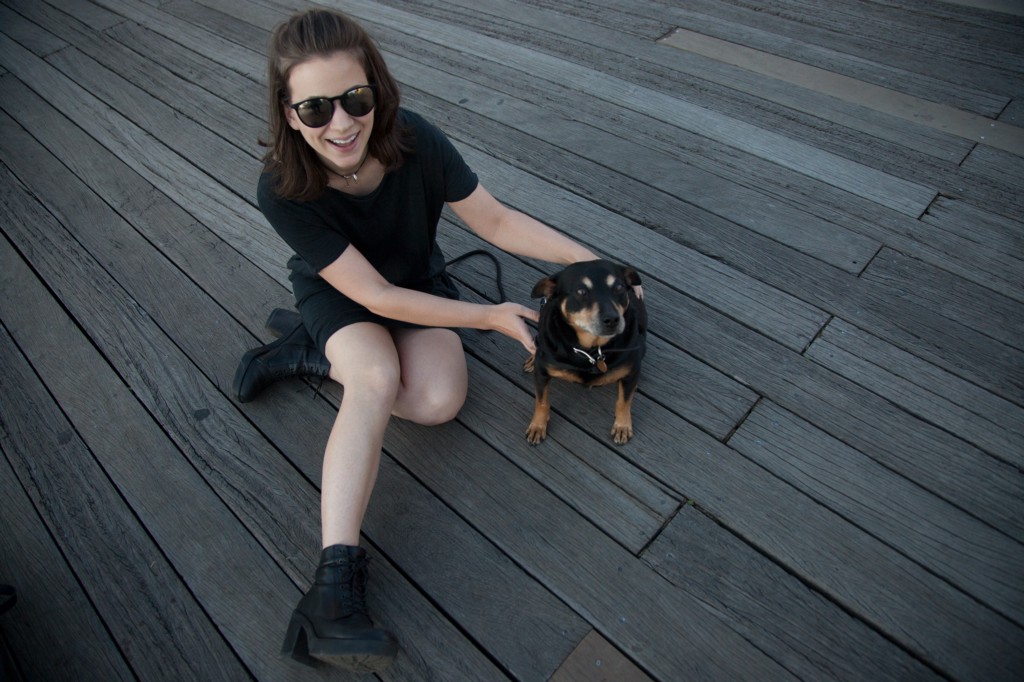
As a first-time dog owner — and someone who used to be scared of dogs — I had hang ups about whether adopting from a shelter was going to mean I would end up with an emotionally traumatized dog that was going to poop in my favorite pair of boots. And I wasn’t the only one who has negative associations of older dogs. According to Dr. Weiss, people think it’s more likely that an older animal will have behavioral problems. “We don’t have data to support that,” she said. “It’s a myth.”
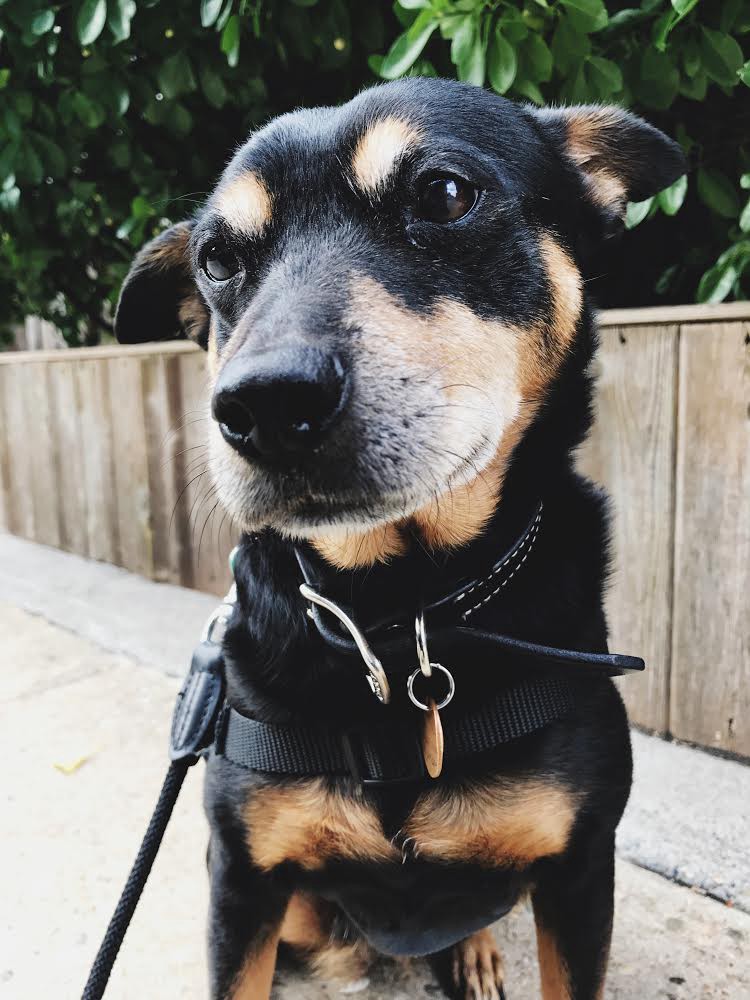
Retired Professor of Psychology at the University of British Columbia and dog cognition expert, Stanley Coren, agreed that there’s no reason to assume just because a dog is older, there will be a problem. “Dogs can form bonds at virtually any time in their life,” he said. “They transfer their affections quite easily — that’s one of the nice things about rehoming dogs.”
The Manhattan shelter we got Dolly from, Bideawee, assesses all their dogs and categorizes their personality types. They use a color-coding system — green, yellow, and red — to classify the dogs. Dolly was green, meaning she’s an easy dog. Melissa Treuman, Bideawee’s Director of Communications told me: “No animal goes to a home, or is even seen by volunteers, until they’ve been behaviorally evaluated.”
Dolly is a polite, kind and deeply sincere creature. When she meets new people, she sits at their feet, furiously wagging her tail, entreating them to pet her head. She’ll curl up next to me on the sofa when I’m watching TV, and gently nudge my hand to ask for more rubs and cuddles. Bringing her into our home was a smooth process. She didn’t have a single accident in the house, she didn’t cry when we left her alone, and she didn’t destroy anything. No boots were pooped in.
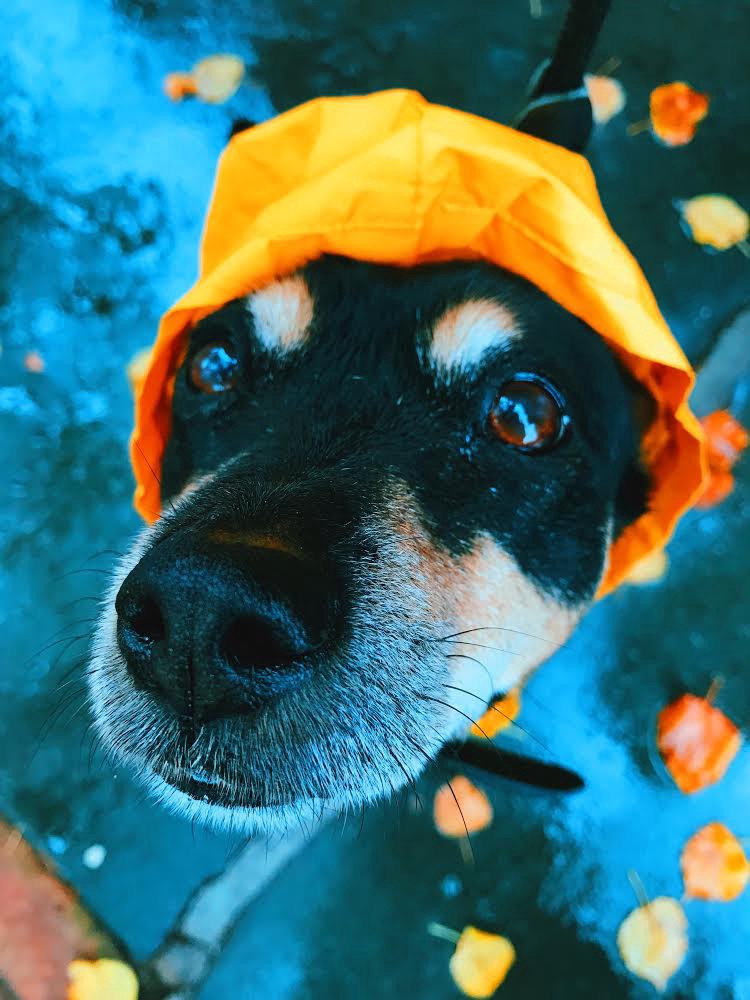
Treuman also explained why older dogs adjust so easily: They “know a ton of commands already, you don’t have to teach them the basics, they’ve probably lived in a home before so they tend to integrate a lot easier. They know the drill.” She added that for people living busy lives, dogs with lower energy levels are a smart choice. “The vast majority of pet owners don’t have the luxury of staying home all day. It can be tough when you’re working long hours and you come home and the first thing you want to do is sit down and you have this animal that’s been climbing the walls all day.” You also don’t need to worry about getting them a new bed or crate as they get bigger, as they’re already full grown.
There’s also a small financial benefit to adopting an older dog — adoption fees are lower. In celebration of Adopt A Senior Pet Month, Bideawee is actually waiving the fee for all its animals aged seven and older throughout November. Many shelters run similar promotions.

The term “senior” dog is a bit of a misnomer, because when you consider that the median life expectancy of a dog is 12 years, a seven, eight or even nine year old dog isn’t so much senior as they are middle-aged. In fact, a survey by the pet food brand Purina Pro Plan found that only 18% of owners actually knew that dogs are considered senior at age seven.
“The old adage that you can’t teach old dogs new tricks is not true,” Professor Coren said. “You can train a dog at any time. However, it’s very hard to unteach things which they had already known. So what you can do in those situations is to train over what they’ve learned.” Professor Coren explained that people who take on older dogs should always rename them, in order to establish the fresh start. “You establish a new world for this dog,” Professor Coren told me. “In some respects, it’s like bring a puppy into the house because you’re starting from ground zero. Except it doesn’t have all the messy bits of having a puppy.”
The chance of an older dog having a health issue is of course higher than with a puppy. Dr. Weiss confirmed this: “The older an animal gets, the more likely they are to have some kind of medical issue, but that’s as they get much older.” Dolly had arthritis when we adopted her, but the vet couldn’t be sure why as she didn’t have any of Dolly’s medical records from her previous life. But scans revealed an old injury in her right elbow that hadn’t healed properly and became arthritic. So despite being an ailment associated with old age, it was actually more likely caused either by improper care, or just bad luck.
Dolly now takes a daily supplement. Very rarely, she will wake up in the night crying from the pain. The first time this happened, I held her in the darkness stroking her head, not knowing what was wrong. But a chat with the vet the next morning and a prescription for Tramadol later, I was armed with what to do to help alleviate her pain. Learning how to read the little signs Dolly gives that she’s aching a bit more than usual, and being able to do something to make her feel better has been a deep bonding experience between the two of us. In those moments, it doesn’t matter to me how old Dolly is, just that she’s doing okay. To me, she’s just this tiny creature that needs love and care.
Please Stop Doing This Election To Us
For the love of God, just make it be over already
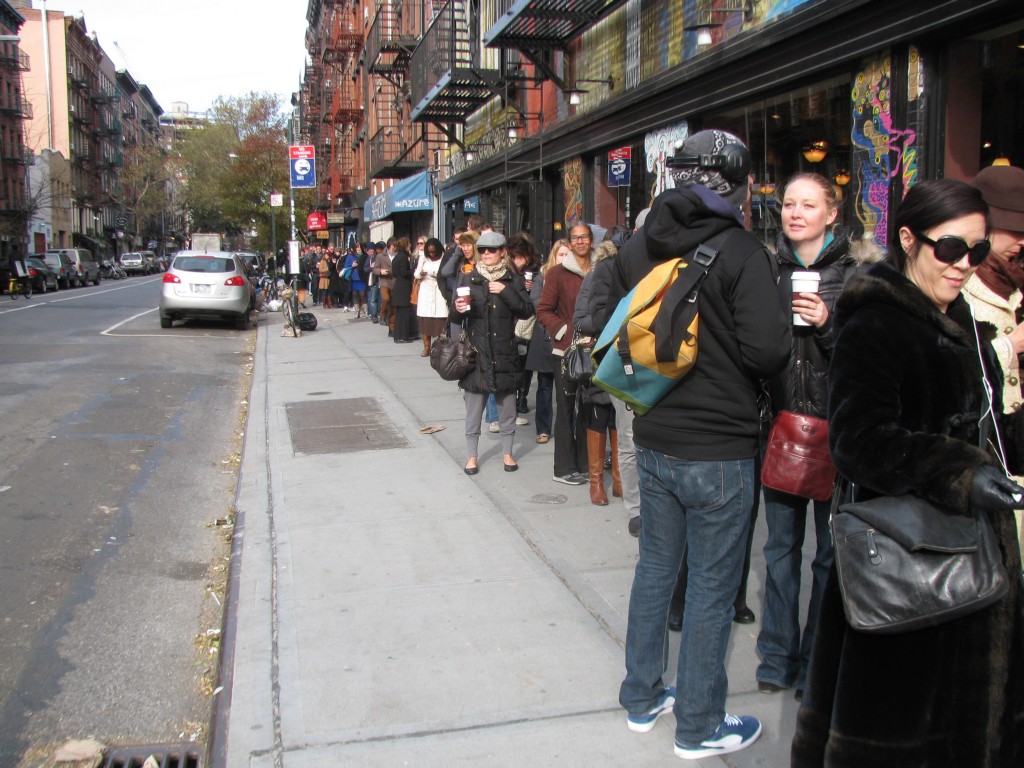
Do you really need any more words from anyone about this election? You do not. Instead let’s hear some thoughts from an elderly gentleman who, being of Canadian origin, has a better chance than most of us to escape should things go wrong today. Enjoy, and good luck out there.
New York City, November 6, 2016

★★★★★ The time-shifted morning brought copious sunlight and fresh cool air to chase away the bacon smell before it stuck. The deepening blue of the sky gathered in the paint of the antique white Fiat parked outside. The capes and foil blankets of the marathoners were just about what anyone might need, absent exertion, to walk around in running shorts in the gathering chill. Insistent and early golden light flooded into the apartment. The last of the sunset was a laser-bright, laser-thin stripe of red on the horizon.
Hillary And Me
The Adventures of Liana Finck

Liana Finck’s work appears regularly in The New Yorker. Her graphic novel is called A Bintel Brief. She is on Instagram at @lianafinck.
The Best Worst Show on Television is TLC's "90 Day Fiance"
Catfishing for visas and mail-order brides
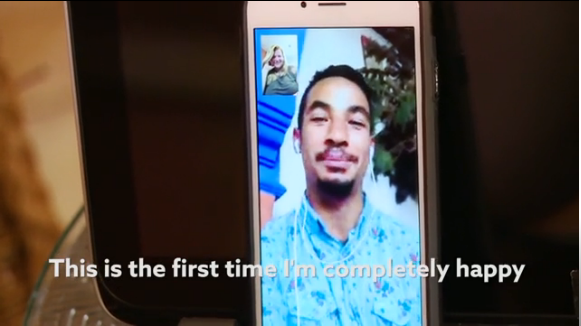
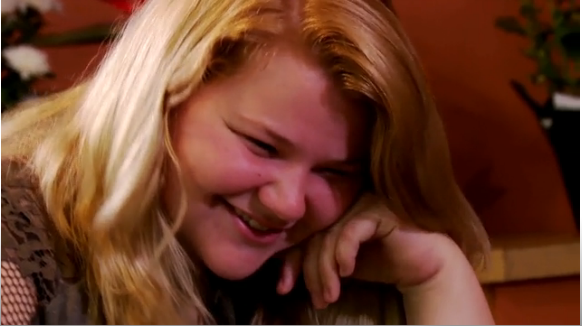
The greatest show on television is called “90 Day Fiance” and it has outdone all of the rest of the reality dating content on basic cable. This masterpiece is loosely about long-distance couples with one partner who needs to get married in order to move to America. If you’re looking for a thoughtful meditation on the US immigration process or the shortcomings of K-1 visas, you have come to the wrong place. Because 90 Day Fiance is sixty minutes of people drunk fighting with Russian mail-order brides.
Season 4 is currently airing on TLC and centers around a handful of American nationals whose foreign Internet boyfriends and girlfriends have just received K-1 “Fiance” Visas, allowing them onto US soil under the assumption they will get married imminently. Most of the couples are only meeting in person for the first or second time and, per the visa, they now have ninety days to either get married or get deported.
Already this makes for some fun, goofy television, but the stakes here are HIGH. It’s like MTV’s Catfish with wedding ring emojis, but if the other party doesn’t fall for it, their dreams of becoming Playboy models are canceled and they have to go back to pole dancing in Ukraine. I do realize that sounds mean, but it is a real plot point from this show.
But let me stop you before you start to feel sad for these poor, gullible victims of Facebook scams. They include a self-identified anti-feminist who met his fiancée after he harassed her via Facebook comments for months, a car mechanic who mail orders a bride after three American women in a row divorce him, and a woman marrying a polygamist who she knows catfished her for years using a fake Facebook profile (but she’s gonna see it through anyway because he’s a babe).
The crown jewel of this season though, is a couple that consists of a twenty-two-year-old Floridian who is the human embodiment of the laziest stereotypes the rest of the world has about Americans, and her Moroccan fiancé who cannot believe his luck. His visa hasn’t cleared yet, so she goes to Morocco FOR FIVE WEEKS to help convince the U.S. Embassy that their love is for real. It, of course, is not.
Azan, the Moroccan, is a straight up mean-ass misogynist who has found his one-way ticket to the US. He hates everything about his wife-to-be, Nicole, and he is not afraid to say it. He calls her “big” and “lazy” and tells her, with a deep look of despair, that she “really talk much, that’s bad.” Women, he says, are meant to stay in the kitchen while he is hard at work at his job, which would appear to be messaging other American women online, in case a better option comes along. He never plainly admits he is using her, but his dead eyes are nothing short of bone chilling every time he flatly says “I love you, honey” and then literally, physically pushes the greasy pile of French Fries that is his betrothed (his words, basically) away from him.
Meanwhile, Azan’s beloved cannot stop showing off her main personality attribute, which is being the most ignorant, Islamophobic, and all-around dense person to set foot in North Africa. Nicole whines incessantly about everything, from local restaurants serving her vegetables (God forbid) to how deeply unacceptable it is that “there’s a lot different here than it is in America.” An engagement to a Moroccan seems like a bad deal for someone like Nicole, but she wants “that personal trainer body” more than she has ever wanted anything, including spending time with the two-year-old child she left behind in Florida. So she sticks it out. Plus, she reasons, soon he will get to America and sees the error of his foreign, vegetable-eating ways. Throw these two monsters together and you get five weeks of scream fights, slut shaming, borderline racism, and camel rides. In a more self-aware show these two would be fantastic TV villains.
In terms of potential immigrants, TLC has managed to dig up the worst of the worst. There are catfishers from Lagos, gold-diggers from Kiev, womanizers from Marrakech, all here to take our hard-earned American (modeling and acting) jobs. And yet, here these scheming baddies are right alongside the blue-collar Americans who presumably would most resent their presence on American soil. And they’re literally trying to marry each other. Though, to be fair, it’s not going well.
It is deeply distressing but also wildly entertaining television. Hearing a woman earnestly say the phrase “I was catfished by my own fiancé, but I wanna marry him anyway” is honestly worth my entire cable bill. The best reality TV has always been built on the worst people; TLC knows this just as well as Donald Trump does. And I will be glued to my TV until I know when and how all of these idiots meet their disastrous ends.
Chloe Gordon is a film producer and founder of Nighthorse Productions.

